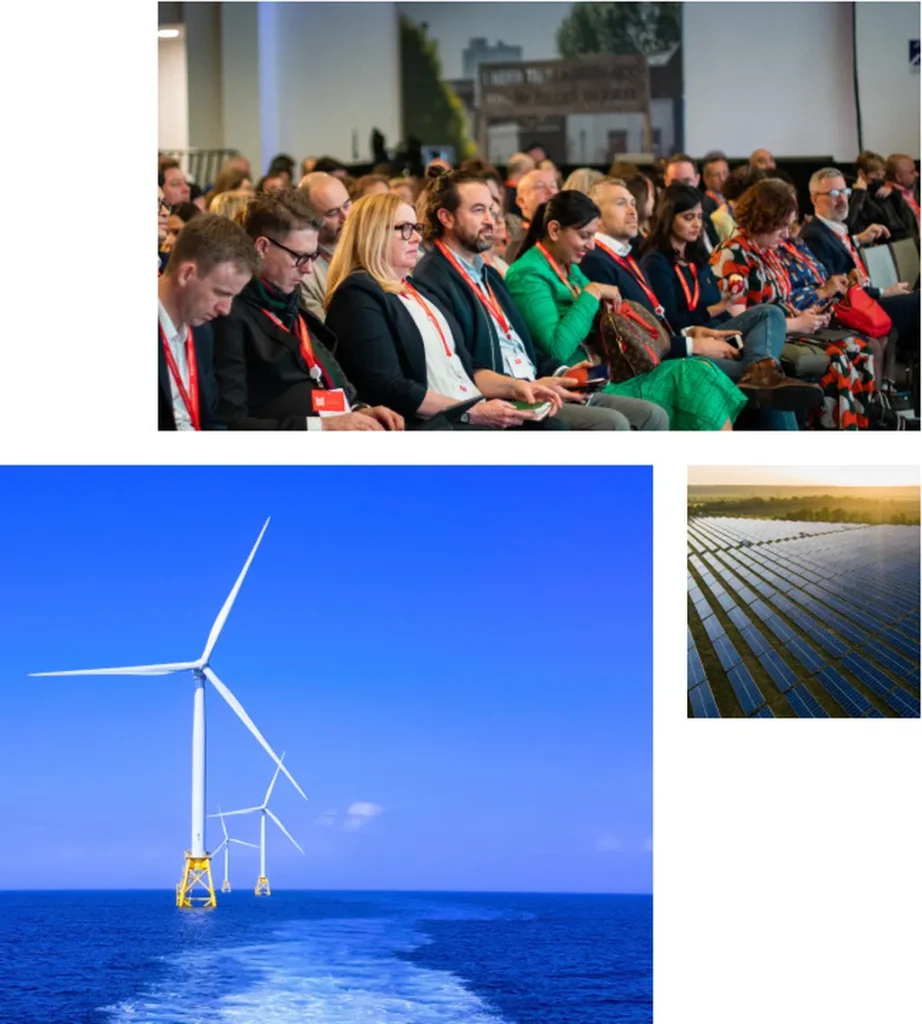In the heart of Poland, a groundbreaking exploration into the future of agriculture is unfolding, one that promises to reshape not just farmlands, but entire economies and energy landscapes. Professor Karolina Pawlak, a distinguished scholar from the Poznań University of Life Sciences, has delved into a seminal work that could redefine how we approach sustainable agriculture and its impact on human well-being. The book, Sustainable Agriculture Policies for Human Well-Being: Integrated Efficiency Approach, co-authored by Bazyli Czyżewski and Łukasz Kryszak, offers a fresh perspective that could revolutionize the way we think about food production and energy sustainability.
At the core of this research is the idea that sustainable agriculture is not just about feeding the world, but about enhancing the quality of life for everyone involved in the food production chain. “We need to move beyond just producing food,” Pawlak explains. “It’s about creating systems that support the well-being of farmers, consumers, and the environment. This is what integrated efficiency is all about.”
The book, published by Springer Nature, introduces the concept of integrated efficiency, which goes beyond traditional measures of productivity. It considers the social, economic, and environmental impacts of agricultural policies, offering a holistic approach to sustainability. This integrated approach could have profound implications for the energy sector, particularly in how we power our farms and food systems.
One of the most compelling aspects of this research is its potential to drive innovation in renewable energy. As Pawlak points out, “Sustainable agriculture and renewable energy are two sides of the same coin. By integrating these sectors, we can create a more resilient and efficient food system.” This integration could lead to the development of new technologies, such as solar-powered irrigation systems or wind turbines that generate energy for on-farm processing.
Moreover, the book highlights the importance of policy in driving this change. “Policies that support sustainable agriculture can also drive the adoption of renewable energy technologies,” Pawlak notes. “This could lead to significant reductions in greenhouse gas emissions and a more sustainable energy future.”
The implications for the energy sector are vast. As agriculture becomes more integrated with renewable energy, we could see a shift towards decentralized energy systems. Farms could become energy producers, generating power for their own use and potentially selling surplus energy back to the grid. This could lead to a more resilient and decentralized energy landscape, reducing the reliance on large-scale power plants.
The research also underscores the need for a more collaborative approach to policy-making. “We need to bring together stakeholders from across the agricultural and energy sectors to develop policies that support integrated efficiency,” Pawlak emphasizes. “This could lead to more innovative and effective solutions.”
As we look to the future, the insights from this book could shape the way we think about agriculture and energy. By adopting an integrated efficiency approach, we can create a more sustainable and resilient food system, one that supports the well-being of people and the planet. The book, reviewed by Pawlak in the journal ‘Wieś i Rolnictwo’ (translated to English as ‘Village and Agriculture’) offers a roadmap for this transformation, one that could redefine the future of agriculture and energy.
In an era where sustainability is no longer a choice but a necessity, this research offers a beacon of hope. It reminds us that the future of agriculture is not just about feeding the world, but about creating a world where everyone can thrive. As we stand on the cusp of a new agricultural revolution, the insights from this book could guide us towards a more sustainable and prosperous future.

